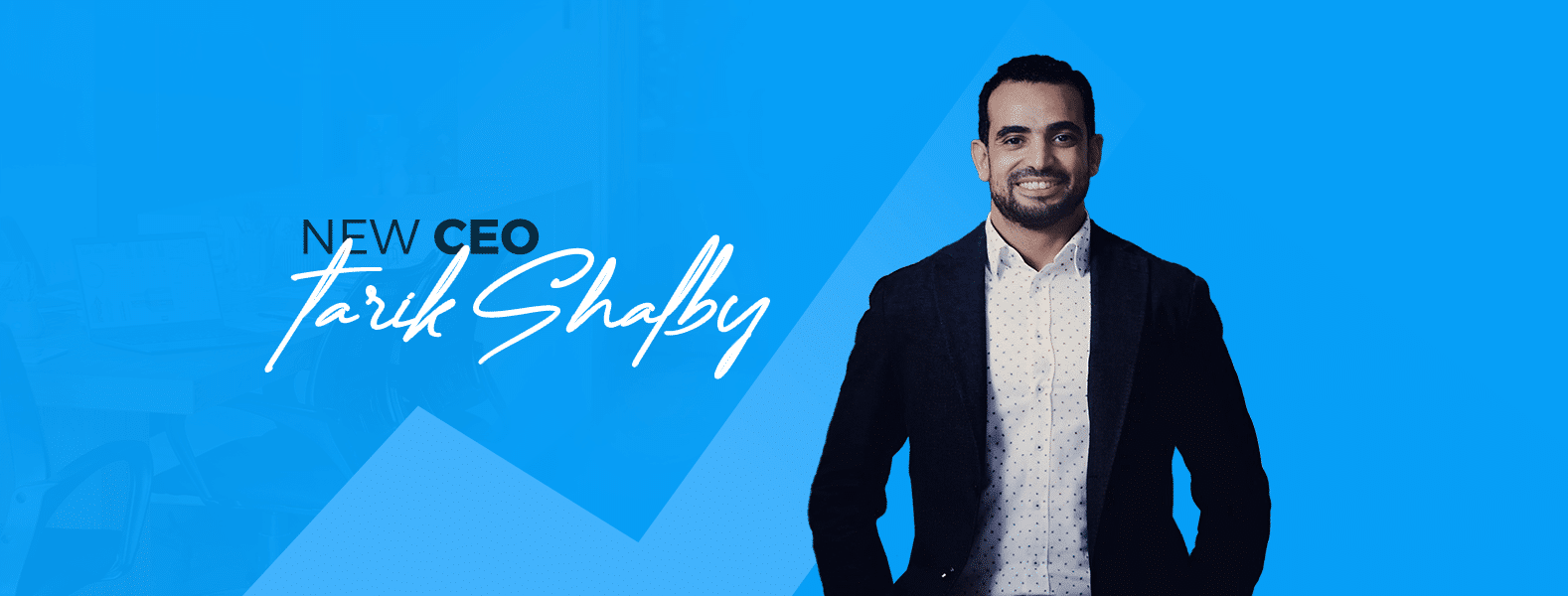After a year long delay and amid the ongoing global pandemic, the Olympics finally happened in Tokyo. There is no denying the 2020 Olympics was quite different from any other year including certain protocols to strict limitations for health precautions, and no live audience. The Olympics is a global event that is relevant to most countries since top athletes compete in the name of their country; this creates a social media buzz. People do not follow the Olympics to just watch the games; people like to feel involved by sharing and commenting. Social media is influencing and changing how consumers consume the games; it makes it more accessible to everyone in real time.
The rising popularity of the Olympics gives the opportunity for brands to use the game to connect with their audience. Using the Crowd Analyzer tool, we looked at a total of 4.7M social media activity from 23rd of July to the 9th of August in the MENA region to identify the key highlights of conversations surrounding the Tokyo Olympics by tracking mentions that would enable us to unlock potential opportunities for brands.
We provide here with the 3 key lessons learnt from Tokyo Olympics 2020:
Securing more medals, contributes to a strike in online conversations
The Olympics is a unique type of event that is known for its relevance to many people all around the world including the MENA region; Olympics audiences are motivated to follow representatives of their own country as they compete and win medals. Tokyo Olympics 2020 audiences in the MENA Region engaged with conversations around the Olympics at a rate of 13%. During specific accomplishments, conversations reached a peak as athletes from KSA and Egypt won gold and silver medals.
Hence, the most active countries in terms of social media engagement were the countries that had players win the most medals such as Egypt at 40% and KSA at 18%. Egypt achieved a total of six medals making it the largest number of medals secured by the nations champions in one Olympics tournament game. Also, there was a spark in conversations when Saudi Arabia won a silver medal in Karate.
*based on online conversations
Social media fans are key for identifying the top performer and game
In the Olympics, the top athletes are identified based on performance. However, in the world of social media, top athletes are identified by the rate of online conversations about them. Stories of those athletes within their country and how they made it to the top is key. This is what encourages social media following and engagements, which means focusing on those stories is crucial for brands to consider the most appropriate brand ambassadors after the Olympic window this summer. Feryal Abdelaziz took the lead in online conversations at 24% after being the first female Egyptian to win the gold medal.
Another factor to consider to identify popular content in the Olympics is engaging sports, which goes beyond just the games. Most popular sport is identified, not by the followers, but by fan engagement. Traditional Olympic sports rise to the top of the list such as swimming at 16%, followed by football and handball at 15%. It is worth noting that engaging sports are not necessarily connected only to highest performance; it is also about the type of sports that are likely to spark conversation due to their background stories.
Platform usage differs from one country to another
Users in each country had their own preference on which social media channels to use to discuss the Olympics; this is related to the number of users in each platform. Since Facebook is the dominant platform in Egypt; it was no surprise that it led by 54% in Olympics conversations. While Instagram was the leading platform in KSA, UAE, and Kuwait.
Moreover, based on user activity, it was shown that males were more active than females.
Such information is key for brands to identify potential partnerships with athletes for upcoming marketing campaigns. You can also take one step further by looking into what brands are mostly mentioned within different sports to refine your activation strategy. Below are the brands with the highest mentions during the Tokyo Olympics this year.
The success of a brand does not only count on selecting the right influencers, but it also includes optimization of content. Below are the three key takeaways to consider for your marketing strategy:
- Identify the right partnership based on your target audience.
- Select the most appropriate social media channel.
- Understand what drives brand value.
Every brand might consider a partnership with athletes at some point; it is important to be aware who is in the frontlines in social media conversations at any given season. Hence, we are here to support you with an effective social media listening tool that will give you the information you need to fuel your marketing strategy into the right direction that will resonate with your target audience.

























